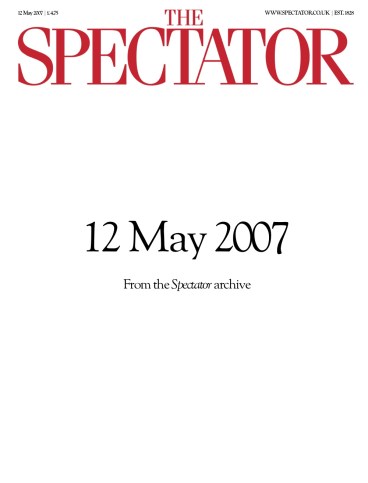When the going was better
In January 1923 Aldous Huxley signed a contract with Chatto & Windus, which would guarantee him a regular income for three years. He would be paid £500 per annum and in return agreed to ‘supply the publishers with two new works of fiction a year, one of them to be a full-length novel’—an onerous undertaking.

